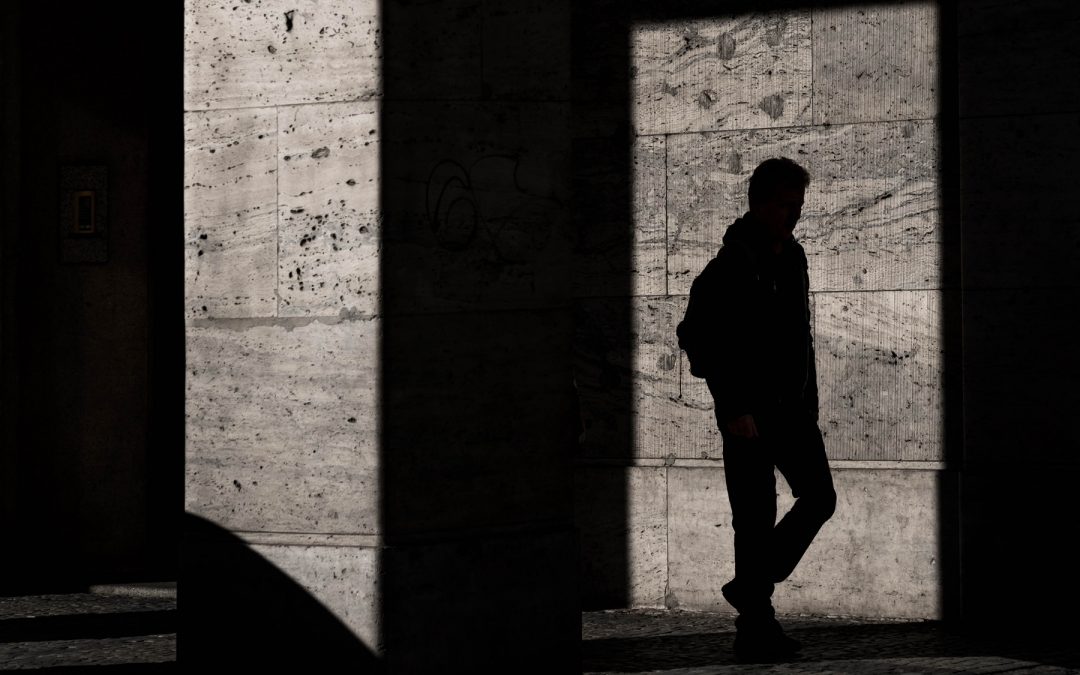Among the many emerging issues facing colleges and universities in recent years, a growing mental health crisis among their student populations has risen to the forefront. With increasing rates of mental health condition diagnoses, suicidal thoughts, substance abuse, and feelings of isolation and depression over the past decade, providing more resources and support for student mental health has a top priority on campuses across the county. Many of these challenges have been exacerbated by the increased stress, isolation, and disruption caused by the COVID-19 pandemic.
In response to these growing concerns, in 2019 Rackham launched its Graduate Student Mental Health Task Force, headed by U-M Department of Ecology and Evolutionary Biology professor Meghan Duffy, to identify ways that Rackham can better support its students’ mental health and well-being.
After a year of work, Duffy and task force members Sara Abelson, a Ph.D. candidate in the U-M School of Public Health, and Janelle Goodwill, recent graduate from the joint Ph.D. program in social work and psychology, outline in a new article eight ways similar task forces at other institutions can make equity a central piece of their mission, ensuring no student population is left behind by their efforts.
The eight points they highlight are:
- Invest for impact and action
- Consider the task force composition
- Gather information about needs, opportunities, and existing inequities
- Identify a small number of changes to be made across multiple levels of the institution that will have a disproportionate impact
- Ensure that evidence-based approaches are used to guide decision-making
- Identify and dismantle racist, homophobic, xenophobic, and ableist systems that harm mental health
- Measure the impact of all changes and specifically consider effects on students from underrepresented groups
- Strategically plan for the long term while remaining responsive to national, state, and local events
Read the full story at Higher Education Today.

